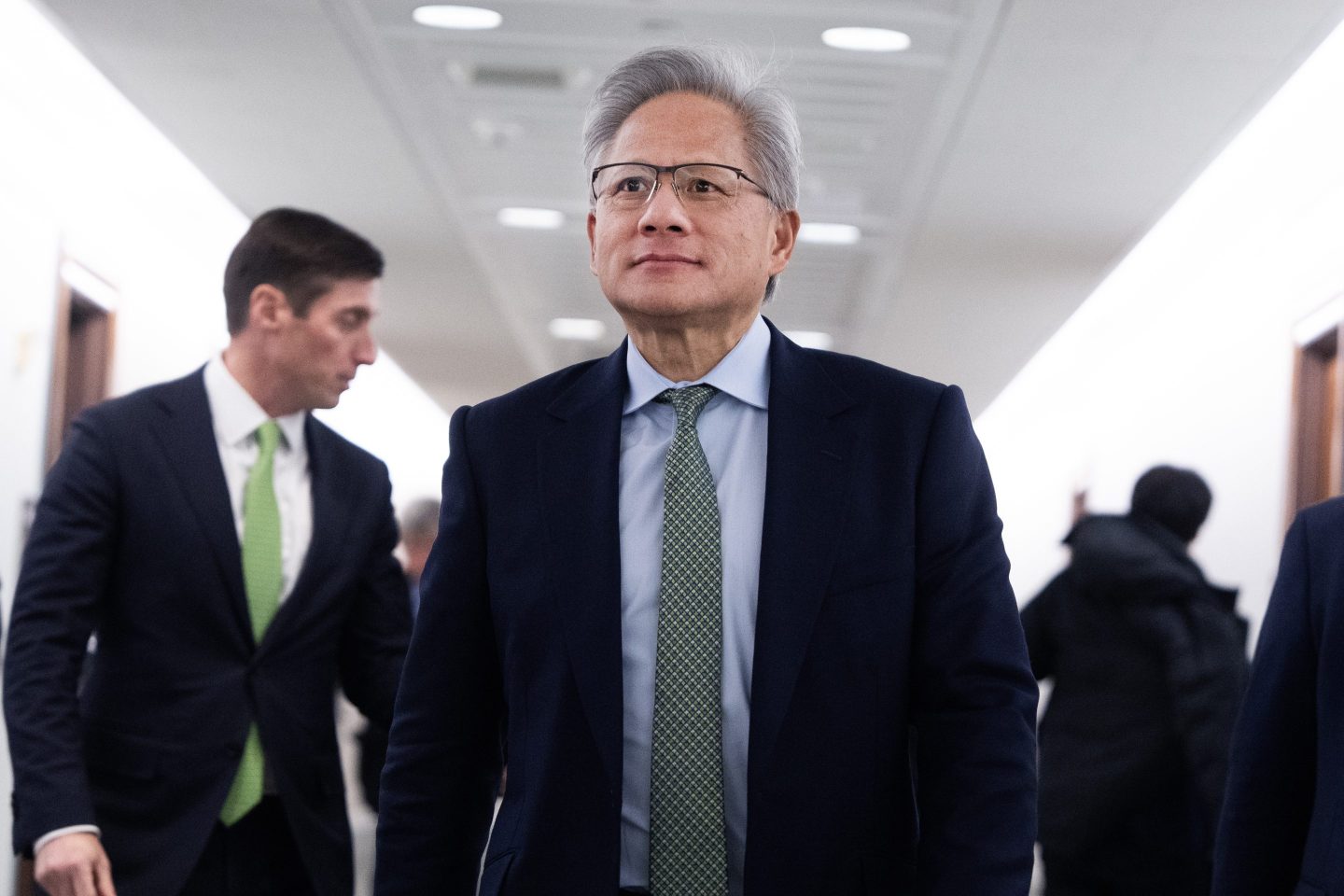The government IT procurement system needs its own Steve Jobs.
By Bryce Roberts, contributor
When I hear the term “cartel” I generally think of Tony Montana introducing his competitors to his “little friend,” not some IT contractor sticking up the government. But that effectively is what departing federal CIO, Vivek Kundra, asserts is happening today through the procurement process. From his recent appearance in front of the White House Science committee:
We almost have an IT cartel within federal IT made up of very few companies that benefit from government spending because they understand the procurement process better than anyone else not because they provide better technology.
It seems the government procurement process, as is currently constructed, essentially maps to the definition of a cartel: An association of manufacturers or suppliers that maintains prices at a high level and restricts competition.
And examples over the past few weeks have been staggering. Over$600 million for a time keeping system for NYC employees. Nearly $2 billion for an incomplete case management system intended to connect court rooms across California. Anyone working with modern technology knows these costs are ludicrous. And, as Clay Johnson points out in his most excellent Open Letter to Vivek, this waste is killing our country:
This isn’t right, it’s not fair, and more than that: it’s breaking us. It’s widening the gap between the technology that government has to operate, and what people expect. Given time it will cause people’s faith in government to collapse more than it already has. Today that gap represents itself with the eyes rolling when people have to deal with government data or government websites. But as that gap grows, without technology that the people outside the government take for granted, government itself will become the equivalent of an infant in a world of mature adults. It will be the governmental consequence of Moore’s Law — that gap is growing exponentially while Government’s access to it and to the people that understand it is often shrinking. The status quo isn’t just making things difficult, it’s asphyxiating government’s ability to serve.
You and I both know that this isn’t just a “big problem,” but often it’s the problem. It’s the problem that makes the air conditioners in Afghanistan cost more than NASA’s entire budget, and it’s the problem that makes it so WhiteHouse.gov cost about 10x what BarackObama.com did. It’s the reason healthcare costs more than it should, and it’s the reason CityTime costs close to the value of the entire AppStore economy. It’s a giant, secret tax that the taxpayers are handing over to a select few contractors, and it’s a problem that needs to get solved.
The current cartel structure of government contracting is having an impact downstream as well. There aren’t many markets that send venture capitalists scrambling to their iPhone’s faster in a pitch meeting than companies looking to sell into the government. Well maybe education, insurance or healthcare- see a pattern?
Each of these markets reminds me of the state of mobile development prior to the iPhone. In that long-forgotten world, mobile startups lived or died based on whether they could get “on deck” with one of the few mobile carriers. If they didn’t have that relationship with carriers, they were essentially dead in the water — couldn’t reach customers, couldn’t generate revenue, couldn’t attract capital. Then Steve Jobs came along and flipped the model on its head. In a matter of just a few years, the term “on deck” has all but disappeared from pitch decks, there are multiple competing mobile operating systems supported by carriers and we’ve entered a golden age of mobile development.
Which sends me back to the procurement cartel. Who will be our country’s Steve Jobs to buck the status quo and bring real change to this terribly outdated and inefficient system? Whoever does, will set off a golden age of development and cost-cutting that will reverberate well beyond Washington and truly “Startup America.”
Bryce Roberts is a co-founding partner of O’Reilly AlphaTech Ventures. This post originally appeared at his blog.











